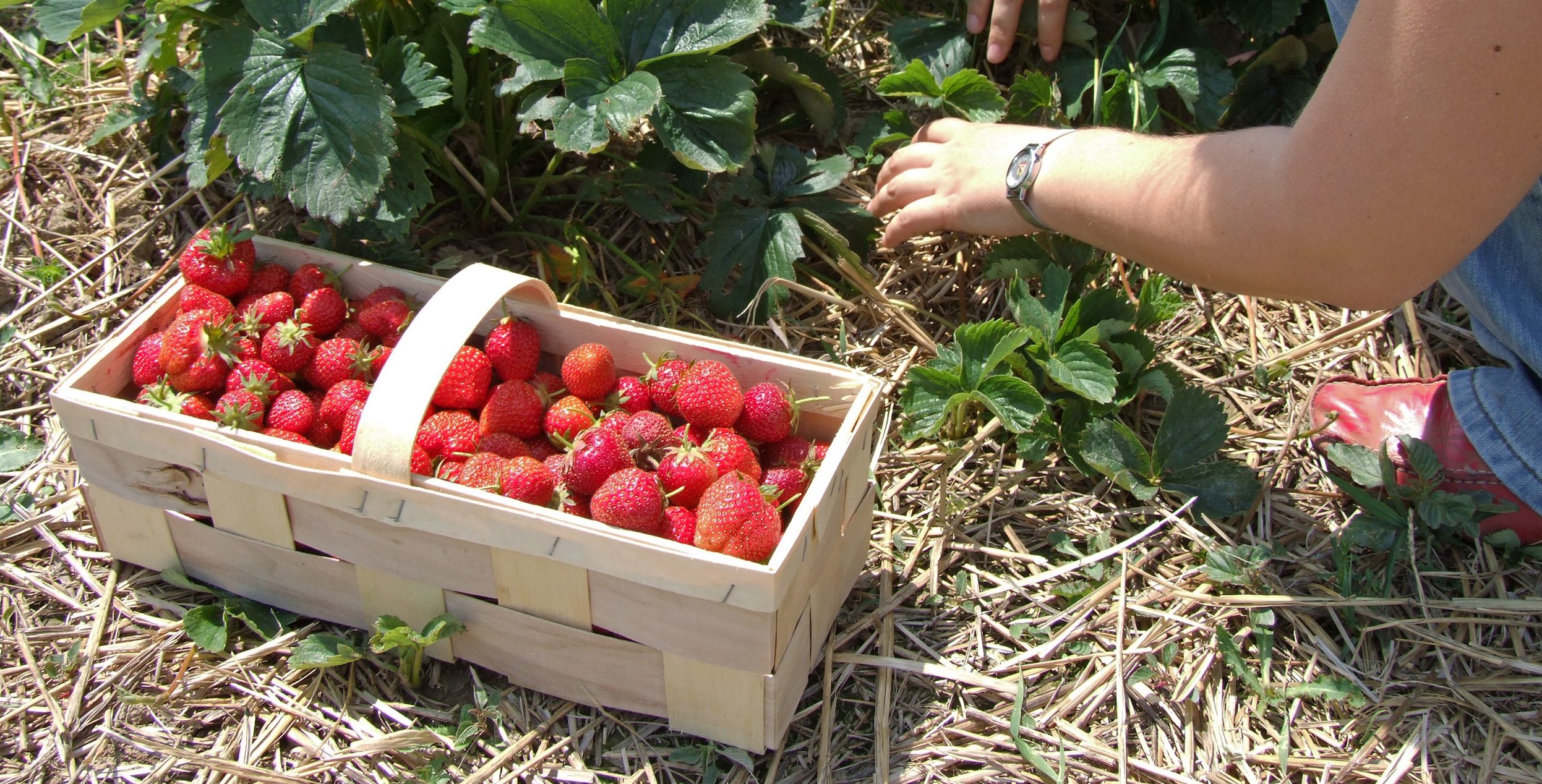‘Fear, hope and loss’
Britain’s divisions along cultural, education and economic lines were laid bare in a new wide-ranging study by anti-extremism campaigning group Hope Not Hate.
The study, which is based on six years of polling and focus groups, has found hostile attitudes towards immigration and multiculturalism are often closely correlated to deprivation, with those living in post-industrial towns riven by austerity much more likely to espouse xenophobic views than their wealthier counterparts in London and other cities.
Called Fear, Hope and Loss, the study “set out to understand the drivers of fear and hate” in the UK. One key finding was that in the 100 areas where people were most likely to hold negative attitudes to immigration, the vast majority were in towns or on the outskirts of cities. In contrast, the 100 areas which were most welcoming of immigration were all in cities or towns with or close to a university.
Attitudes to immigration as a whole have become more positive over the last decade, with 40 per cent of people polled in 2011 reporting that they thought immigration was a good thing, compared to 60 per cent in 2018. Still, despite softening attitudes, hostility towards Islam has increased, especially since 2017, which researchers put down to a series of terrorist attacks last year.
In their most recent poll this year, Hope Not Hate found the 32 per cent of people surveyed – and 49 per cent of Leave voters – believed there were â€no-go areas’ in Britain which were under Sharia law.
About 35 per cent believed Islam was a threat to the British way of life overall, while more than half – 54 per cent – of Leave voters agreed. Only 17 per cent of Remain voters agreed.
Hope Not Hate attempted to map anti-Islamic sentiment by looking at the areas where people had signed a petition to free Tommy Robinson, a well-known anti-Islam activist who was in jail at the time. The group found that most of these areas were in towns with high levels of deprivation and had largely voted in favour of Brexit.
Hope Not Hate said in the study that the research “starkly lays out how long term economic inequality has harmed communities, through deprivation where opportunities are scarce, but also where this fuels hostility. Where it is hardest to have hope, fear and hate take its place.
“This report makes explicit a case for economic renewal, to eradicate the inequalities that plague our post-industrial and coastal towns,” the researchers added. “We also make a case to Labour, to re-engage with their heartlands, and to rebuild trust in a party that many feel abandoned by.
“Intervention and action will require engagement, and will require serious structural, political and financial commitment to re-set the status quo of winners and losers in the UK.”
Unite national officer for equalities Harish Patel agreed.
“This striking and in-depth study of tens of thousands of people confirms what we at Unite have been saying for a long time now – the best breeding ground for hate is deprivation,” he said.
“Tackling racist and xenophobic attitudes will in part require education – Show Racism the Red Card, whose Wear Red Day is today, is one wonderful organisation going out into schools and challenging racist beliefs. Unite too is going out into workplaces training our reps, arming them with counter-arguments to rising far-right ideologies that are now taking hold in our traditional working-class heartlands.”
“But beyond education, defeating racist attitudes will require investment in communities throughout the UK and an end to austerity that’s blighting the hopes and dreams of working-class people. If we want to heal our growing divisions, a well-funded welfare state that supports all people is an absolute necessity.”
 Like
Like Follow
Follow


